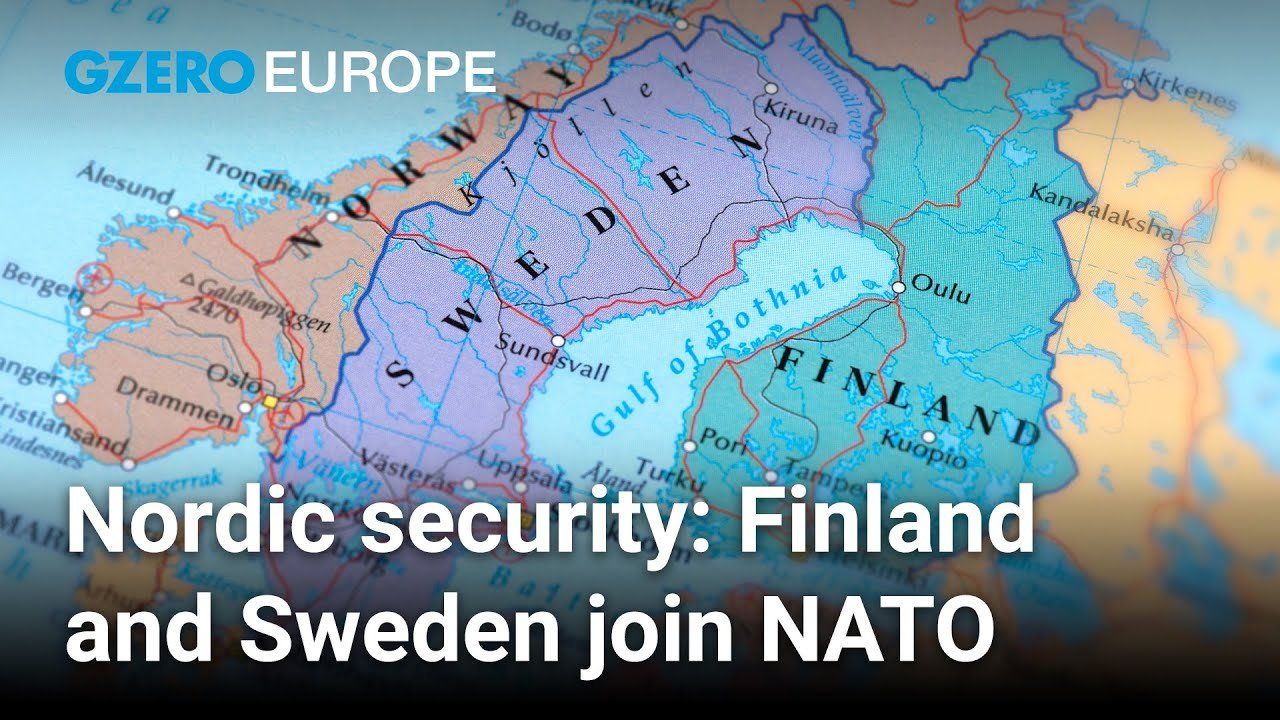March 08, 2024
Carl Bildt, former prime minister of Sweden, shares his perspective on European politics from Hanoi, Vietnam.
Was the Swedish and Finnish decision to move into NATO, was that driven by fear of Russia attacking them?
Not really. I don't think either of our countries feel any immediate threat by Russian aggression. But what happened when Russia, Mr. Putin, to be precisely, attacked Ukraine was a fundamental upsetting of the entire European security order. And although Mr. Putin's priority at the moment, he’s very clear on that, is to get rid of Ukraine by invading and occupying all of it, you never know where he's going to stop. And this led Finland and Sweden to do the fundamental reassessment of their security policies. Giving up, in Swedish case, we've been outside of military alliances for the last 200 years or something like that.
So it was not a minor step. And that step has now been taken. Finland completed its ratification, has been a member for a couple of months. Sweden has now formally become a member after some hiccups with the ratification process. It's a major change for our two countries need to say. It is a significant strengthening of NATO. It is a significant strengthening of the security in northern Europe and I think also will facilitate a better coordination between the military alliance of NATO and the security alliance of the EU to the obvious advantage of security of Europe and the security of the West.
It's a good day.
From Your Site Articles
- Sweden joins NATO: what has the alliance gained? ›
- Sweden finally joins the NATO party ›
- Why Finland’s top diplomat is proud of EU's response to Russia ›
- Finland’s next step ›
- As Russia balks, NATO might gain two strong Nordic recruits ›
- Finland and Sweden NATO bid faces problems with Turkey’s Erdogan ›
- Leaders of Poland, Nordic & Baltic countries affirm strong support for Ukraine - GZERO Media ›
More For You
Chris, an Army veteran, started his Walmart journey over 25 years ago as an hourly associate. Today, he manages a Distribution Center and serves as a mentor, helping others navigate their own paths to success. At Walmart, associates have the opportunity to take advantage of the pathways, perks, and pay that come with the job — with or without a college degree. In fact, more than 75% of Walmart management started as hourly associates. Learn more about how over 130,000 associates were promoted into roles of greater responsibility and higher pay in FY25.
Most Popular
- YouTube
A ceasefire in Ukraine could be a strategic trap, leaving Kyiv vulnerable, former NATO ambassador Ivo Daalder warns on GZERO World.
Members of the special units of the National Guard and the Secretaria de Seguridad Ciudadana stand guard in front of the Fiscalia General de la Republica, where the investigation into the operation in which Nemesio Oseguera Cervantes, alias "El Mencho", founder and leading head of the Cartel de Jalisco Nueva, was killed, is underway.
Félix Márquez/dpa via Reuters Connect
- YouTube
In this Quick Take, Ian Bremmer warns that US military strikes on Iran are “looking increasingly imminent” as diplomacy appears to stall.
© 2025 GZERO Media. All Rights Reserved | A Eurasia Group media company.
